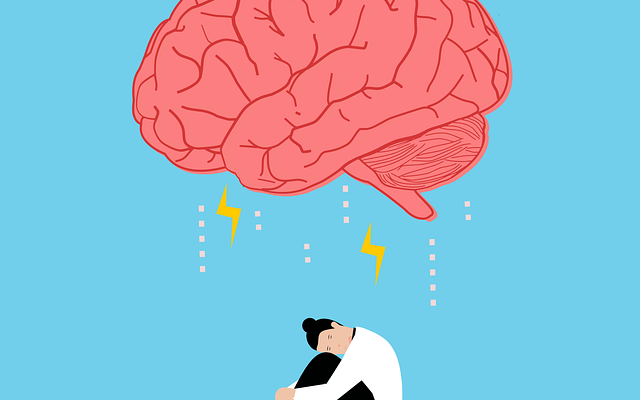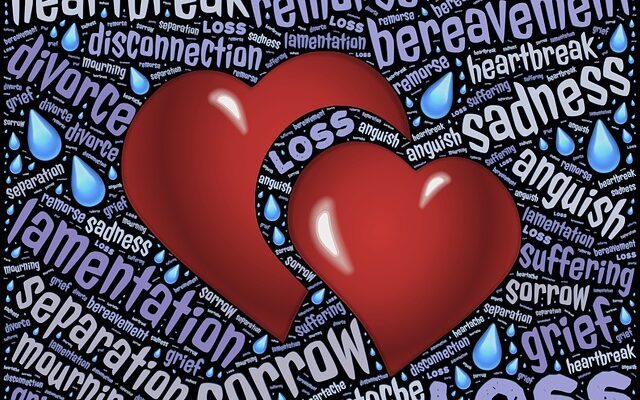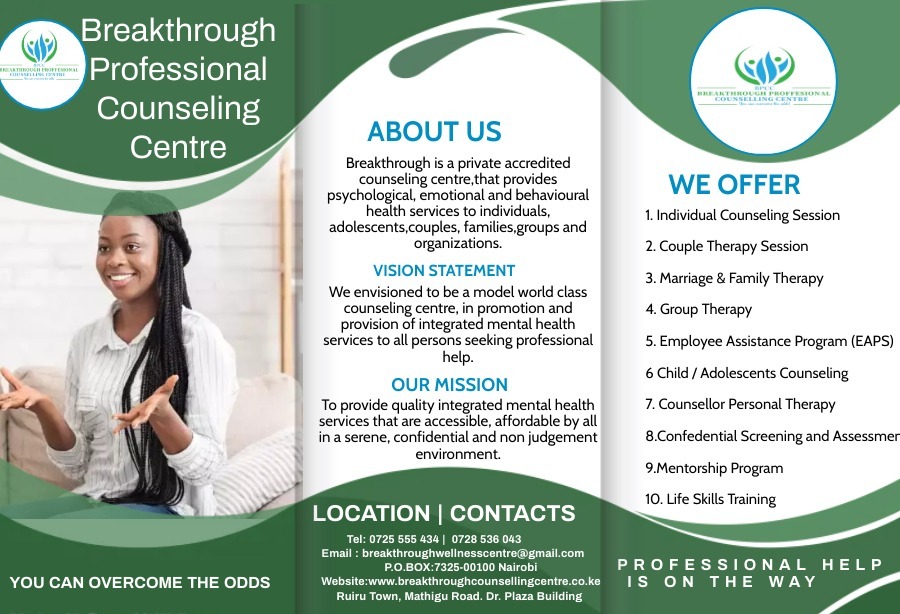Is Your Brain Lying To You?

The answer to the above question could be mindboggling, confusing and surprising as well. This is because you could be wondering how and why this happens. Worry not, this article will focus on how, why and what to do if you are in this kind of distressing situation. Discover how this thought process impacts your well-being/ mental health.
Continue reading…
The most fascinating fact about human beings is that (and) we are wired in a way that our brain it’s the engine that operates our system and is solely responsible for thinking, making decisions, problem-solving etc.
Wondering why does this happen to you most of the time? Here is the thing, the nature of our thoughts is automatic, meaning they could either be positive or negative. You may often find yourself feeling and doing things based on the quality of your thoughts and how you think.
Whether you are experiencing positive or negative emotions right now it has a lot to do with your thought process which mediates how you feel, relate and do. Hang on there!
Your mind is like a double edge sword that hurts and protects, when it is getting in your way of happiness you may term it as the enemy while it’s working for you and may feel it’s your good friend.
Therefore, our thoughts have a lot of influence and power on how we feel and relate with yourself, others and the world. For instance, automatic negative thoughts lead to anxiety, anger, low self-esteem, fear, depression etc.
You see, what causes and maintains the problem at hand and how it impacts negatively your mental health and sense of overall well-being. Take a minute and think about this.
One of my famous American psychiatrists whom I truly admired and who has inspired me a lot in my career journey is Dr. Aron. T. Beck is the father/ founder of Cognitive Behavioral Therapy, commonly known as (CBT).
This theory has been empirically supported as an evidence-based treatment for a wide range of problems: troublesome thoughts, emotions and behaviours and any other daily living problems that you might have.
He(Becks) identified cognitive distortions/ unhelpful thinking styles that cause and maintain mood disorders of depression. These distortions have the potential to change the way one perceives reality, and thinks about yourself, others and the world.
Reflect on this, could you be trapped or held back by your thoughts?

If you are troubled by your thought or rather in a situation that you feel is overwhelming you, or find yourself doing or avoiding doing what you intend to do that leaves you feeling alone.
We acknowledge that what you could be going through is valid and you can overcome it with awareness and little help. Most importantly to note, according to research conducted by (Dozois & Beck, 2008) demonstrated that cognitive distortions increase the vulnerability to depression.
David D. Burns Psychiatrist, later on, expounded on these distortions in his self-help book he authored in 1999 titled Feel Good Therapy one of the world’s bestselling books that have helped many individuals who were depressed recover and improve the quality of their lives.
You can find this book on Amazon and other online platforms available for you and read it.https://www.amazon.com/Feeling-Good-New-Mood-Therapy/dp/0380810336
Below are some of the cognitive distortions that can help you recognize them and identify what could be getting in the way of happiness /what is going on for you right now and change them.
The first step is to identify them and check from the list below the unhelpful thoughts that apply to you.
1. Catastrophizing
You expect the worse which leaves you anxious and panicky. You imagine the worst in a situation most of the time. This kind of unhelpful thinking creates room for negative feelings such as anxiety, panic, depression etc. For instance, when you get a headache and you imagine that you going to die out of the symptoms of a headache.
2. Personalization
Individuals here struggle with a pervasive feeling of shame and guilt. Limiting/self-defeating beliefs that you deliberately hold yourself responsible for situations and events could be beyond your control. I.e. Blaming yourself for someone else behaviour, here there are a lot of “if” statements.
3. Emotional Reasoning
Emotions are like weather and we all experience them. However, in this case, you assume what you feel at that moment is factual and you use that to interpret a situation.
For example, you say to yourself, I have woken up feeling tired, or fatigued today it must be a bad day. This distortion keeps you trapped in an unhealthy habit of procrastination, where you keep on postponing things to a later day.
4. Discounting the Positive
Negative orientation that perpetuates downplaying of positive experiences and achievements. Always being self-critical of yourself and failing to acknowledge the good things in your life.
5. Should and Must Statements
This belief system and approaches to life trigger Anger when things seem not to go your way. Mostly harbouring unrealistic expectations that everyone will do.
6. Labelling
Branding yourself based on your behaviours impact negatively on how you value yourself. “Self-esteem” If you try to do certain and experience challenges you look down on yourself, see your weakness and attach a label to yourself as a failure in life.
7. Magnification and Minimization
You have heard of common phrases that say creating a mountain out of a molehill in other words blowing things out of proportion while minimization entails reducing the important events in your life.
8. Overgeneralization
Faulty interpretation of a situation based on a single isolated event that you assume everything will turn out the same way
9. Jumping to the Conclusion
The cognitive bias of assuming and reaching a quick ending/ finality without concrete evidence. Mind reading Assuming that someone is reacting to you in a certain way without facts/supportive evidence. Fortune Telling expecting the worse outcome in a situation, you tell yourself that things will not turn out positive which ends up creating a psychological and emotional disturbance.
10.All or nothing thinking( Polarized way of thinking)
Simply only one way of looking at the situation, there’s no other way of looking at that situation. You grapple with perfectionism which reinforces pessimism. Words such as: never always everyone is common in your statements
What can help in this never ending pattern of unhelpful thinking styles?
• Reach out for professional help
• Train yourself to think positively
• Try thought-stopping techniques
• Change the way you think, look for alternatives
• Start journaling to help you identify the negative patterns and be aware of them.
Final Thought
If you/a loved one need professional help in dealing with this unhelpful way of thinking/distortions our counsellor can help you learn how to restructure them and find a healthful way of coping.
See you in the next article, love coffee dates? we got something for you!










https://breakthroughcounsellingcentre.co.ke/caffeine-addiction/
[…] Read also:https://breakthroughcounsellingcentre.co.ke/is-your-brain-lying-to-you/is-your-brain-lying-to-you/ […]